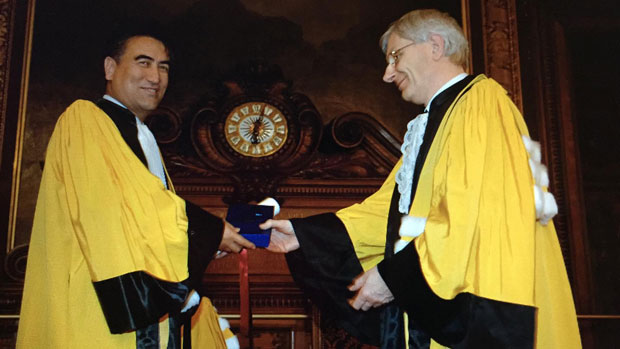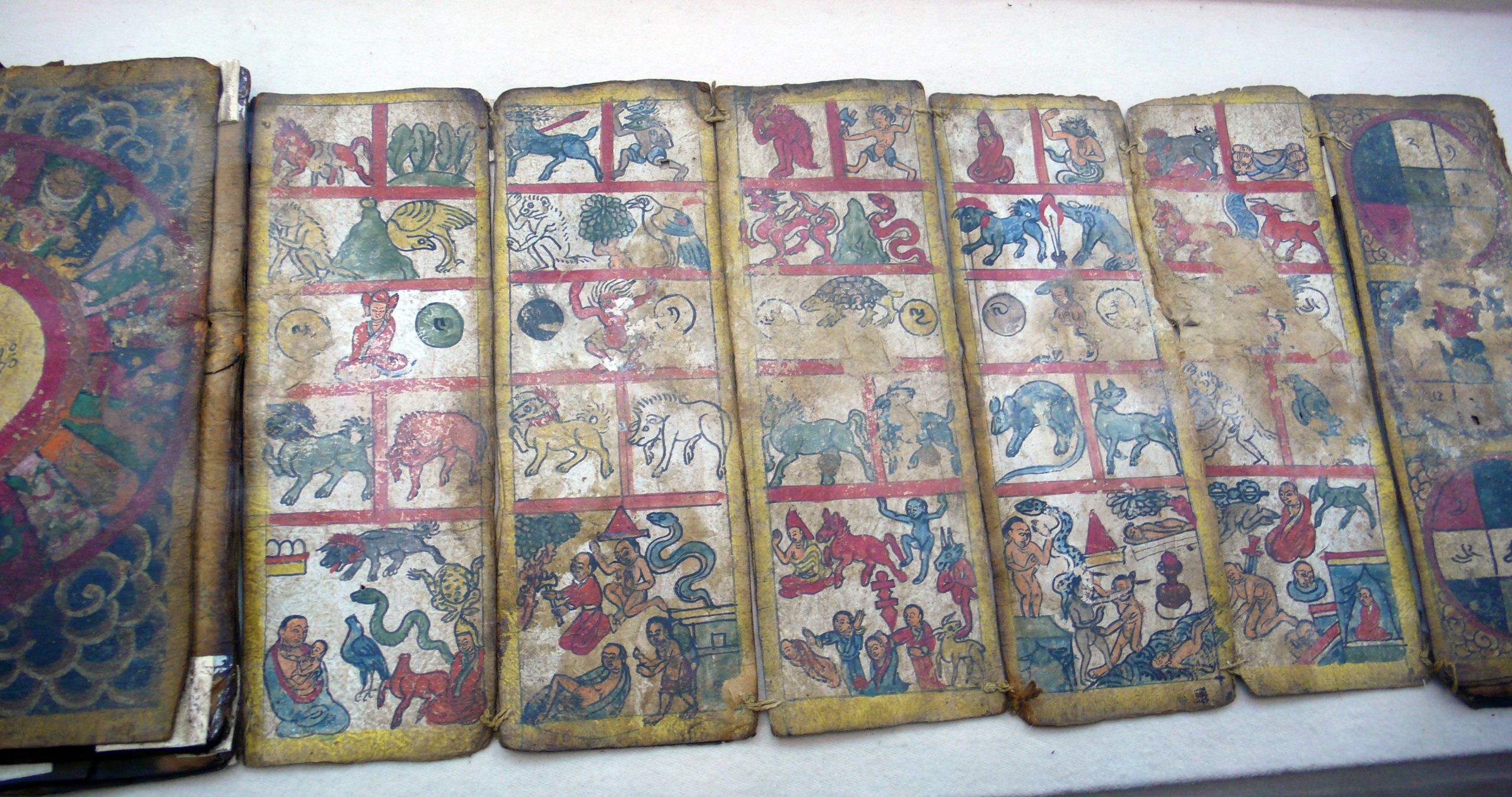
China on Friday denied reports that the jailed former head of Xinjiang University Tashpolat Teyip had been tried and sentenced to death, a day after the United Nations expressed concern over his case and demanded clarification on his situation.
Speaking to reporters at a regular briefing in Beijing, Chinese Foreign Ministry spokesperson Geng Shuang said that Teyip’s case remains under investigation and that his rights had been “protected in accordance with the law.” Teyip is being held under suspicion of “corruption and bribery,” Geng added.
Teyip vanished in 2017 amid rumors he had run afoul of China’s increasingly hardline policies in the Xinjiang Uyghur Autonomous Region (XUAR). Later reports said he had been detained while traveling to Germany with a group of students for a conference.
Last year, sources told RFA’s Uyghur Service that students and teachers had been shown a police documentary film which said Teyip had been sentenced to a suspended death sentence, along with five other members of the Xinjiang Education Supervision Bureau, for attempting to split the country.
In September, Amnesty International published an “urgent action” appeal to the international community to call for Xi Jinping’s “urgent intervention to halt the execution of Tashpolat [Teyip].”
Amnesty said at the time that Teyip had been convicted “in secret and grossly unfair proceedings” and noted that he had been granted the possibility of commutation of his suspended death sentence after two years’ imprisonment when no other crimes are committed.
The Foreign Ministry’s comments came after a group of U.N. special rapporteurs on Thursday penned an article published by the U.N. expressing concern over a lack of transparency in Teyip’s case and trial proceedings, adding that they had called on Beijing to allow the former university president’s family to visit him in jail.
During his press briefing, Geng urged the U.N. to “avoid interfering in countries’ internal affairs, and avoid interfering in countries’ judicial sovereignty.”
Speaking to RFA on Friday, Teyip’s brother, Nuri Teyip, said that court officials appear to have changed the charges against him because they lacked the evidence to convict.
“About a month ago, I heard he was facing new, trumped up charges of ‘bribery and corruption,’ and that he had been sentenced [to jail] for 20 years, but I could not confirm it and it also hadn’t been reported by the media,” he said, adding that he had petitioned the U.N. for help in his brother’s case.
“Amid international attention and pressure, China changed its previous charges against my brother, knowing that they couldn’t prove he was involved in any separatist or terrorist activities. Now they are saying that he is under investigation for bribery and corruption … [but] the accusations against him are impossible.”
Nuri Teyip, who currently lives in the U.S., said that he had spoken with his wife’s mother in the XUAR, but were unable to ask her about his brother’s situation as their conversation was likely being monitored by Chinese authorities.
“I’ve had no news from my family or from my brother,” he said.
Mass incarceration
Chinese authorities are believed to have held some 1.8 million Uyghurs and other Muslim minorities accused of harboring “strong religious views” and “politically incorrect” in a vast network of 1,300-1,400 internment camps in the XUAR since April 2017.
While Beijing initially denied the existence of the camps, China this year changed tack and began describing the facilities as “boarding schools” that provide vocational training for Uyghurs, discourage radicalization, and help protect the country from terrorism.
But reporting by RFA’s Uyghur Service and other media outlets suggest that those in the camps are detained against their will and subjected to political indoctrination, routinely face rough treatment at the hands of their overseers, and endure poor diets and unhygienic conditions in the often overcrowded facilities.
Mass incarcerations in the XUAR, as well as other policies seen to violate the rights of Uyghurs and other Muslims, have led to increasing calls by the international community to hold Beijing accountable for its actions in the region.
In November, U.S. Secretary of State Mike Pompeo said a recent leak of official Chinese documents known collectively as the “China Cables,” including the first known “manual” for operating internment camps in the XUAR, is proof that Beijing is committing “very significant” rights violations in the region.
Last week, a group of U.S. Senators sent a letter to U.N. Secretary-General Antonio Guterres calling on him to raise Chinese rights abuses against ethnic Uyghurs in the XUAR with member states and at the U.N. Human Rights and Security Councils.
The letter came a day after the European Parliament approved a resolution condemning the mass incarceration of Uyghurs in the XUAR and reiterating its call for unfettered access to the region for independent journalists and international observers.
A day earlier, the parliament presented the 2019 Sakharov Prize—its top human rights award—to the daughter of jailed Uyghur scholar Ilham Tohti for “fighting for the rights of China’s Uyghur minority” in the XUAR.
Reported by RFA’s Uyghur Service. Translated by Mamatjan Juma. Written in English by Joshua Lipes.
Source: Copyright © 1998-2016, RFA. Used with the permission of Radio Free Asia, 2025 M St. NW, Suite 300, Washington DC 20036. https://www.rfa.org.












